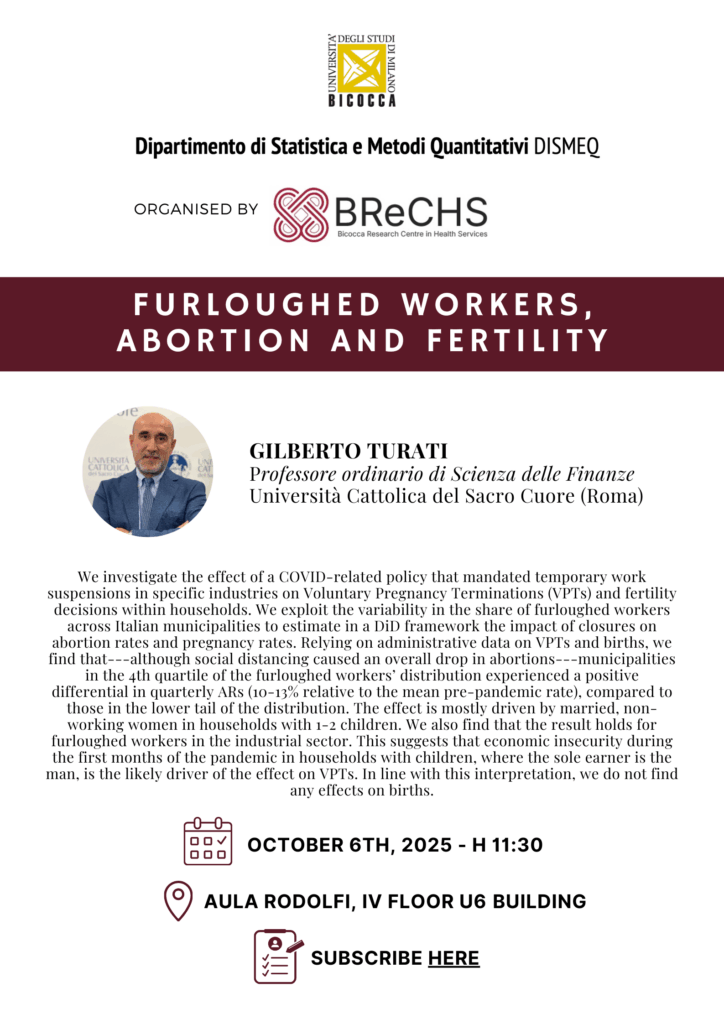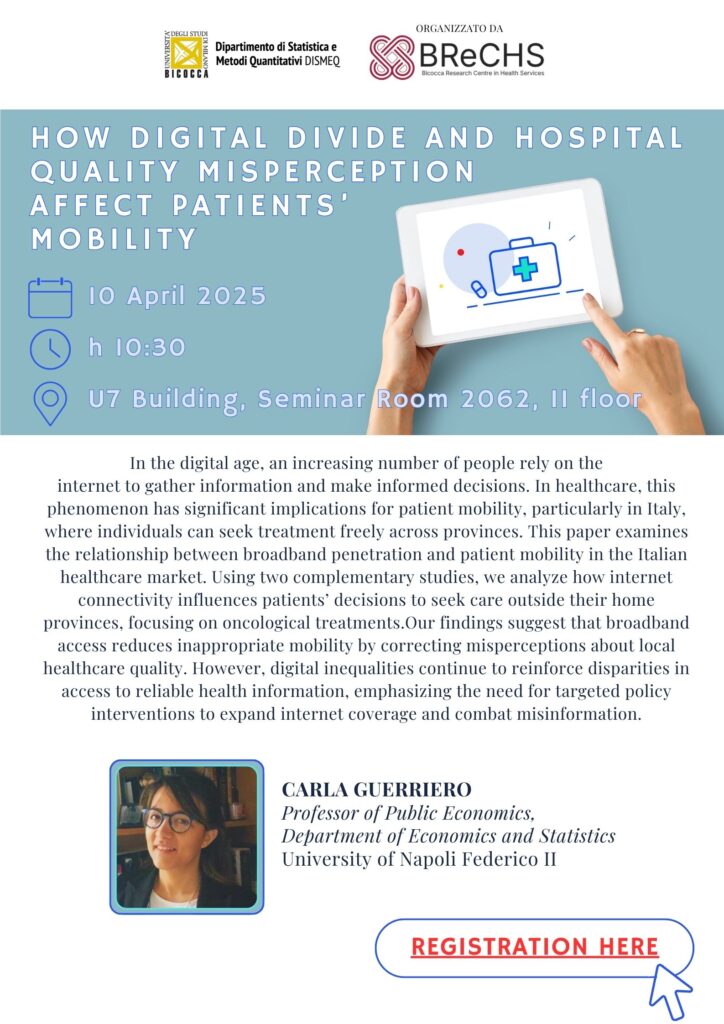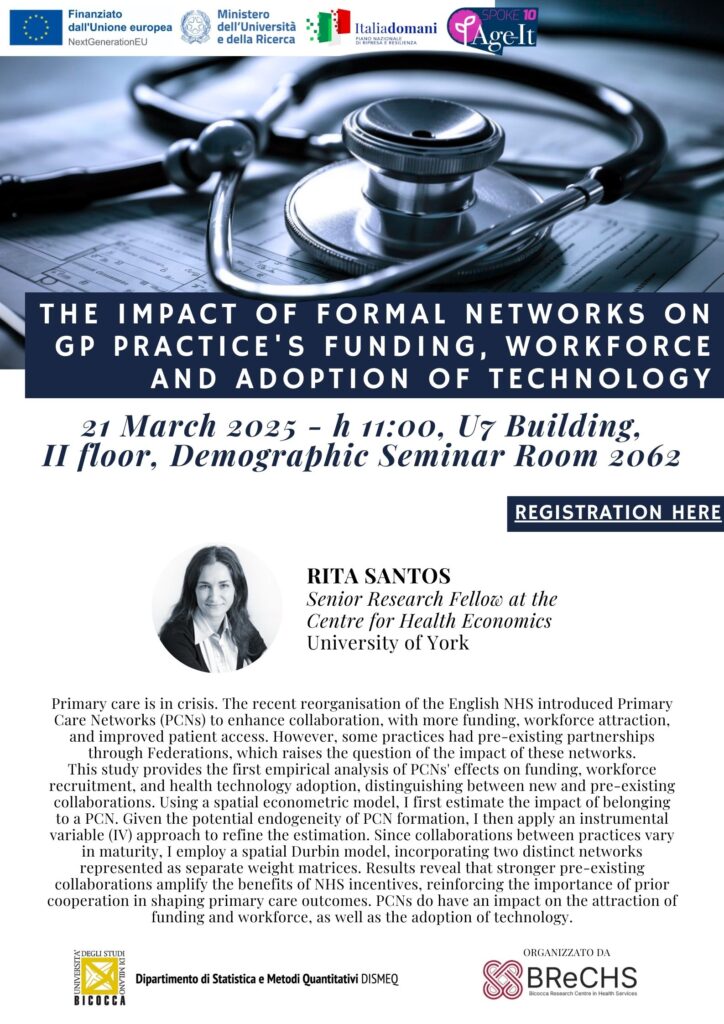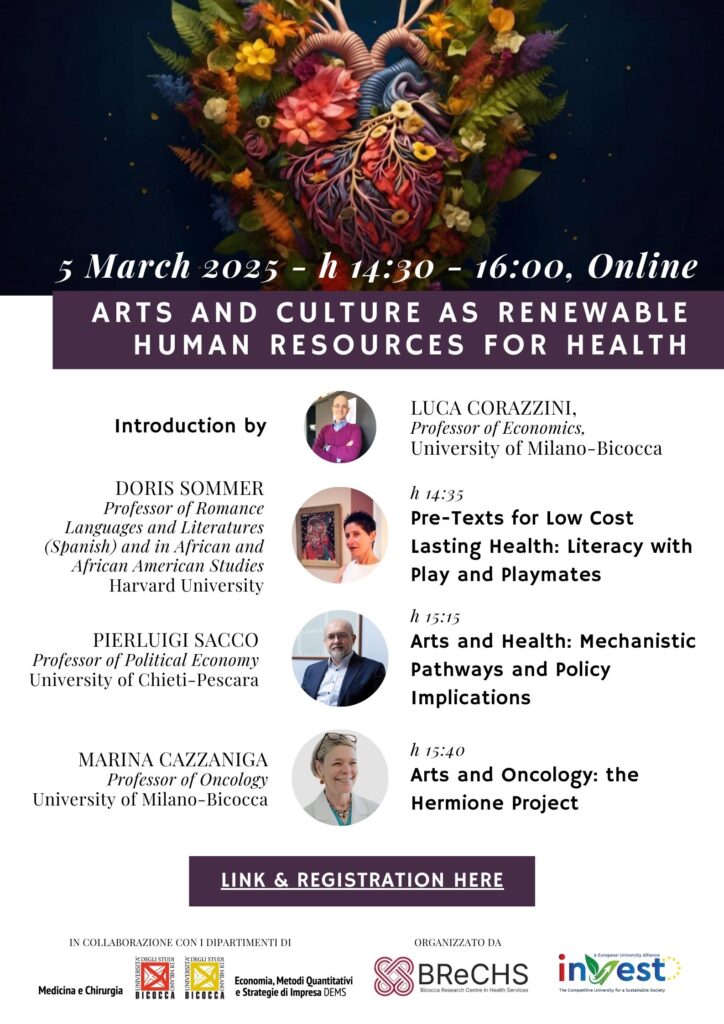Furloughed workers, abortion and fertility
We investigate the effect of a COVID-related policy that mandated temporary work suspensions in specific industries on Voluntary Pregnancy Terminations (VPTs) and fertility decisions within households. We exploit the variability in the share of furloughed workers across Italian municipalities to estimate in a DiD framework the impact of closures on abortion rates and pregnancy rates. Relying on administrative data on VPTs and births, we find that—although social distancing caused an overall drop in abortions—municipalities in the 4th quartile of the furloughed workers’ distribution experienced a positive differential in quarterly ARs (10-13% relative to the mean pre-pandemic rate), compared to those in the lower tail of the distribution. The effect is mostly driven by married, non-working women in households with 1-2 children. We also find that the result holds for furloughed workers in the industrial sector. This suggests that economic insecurity during the first months of the pandemic in households with children, where the sole earner is the man, is the likely driver of the effect on VPTs. In line with this interpretation, we do not find any effects on births.

Condividi su

Via Bicocca degli Arcimboldi 8, 30126, Milano
Università degli Studi di Milano-Bicocca
Edificio U7 – Civitas
How digital divide and hospital quality misperception affect patients’ mobility
In the digital age, an increasing number of people rely on the internet to gather information and make informed decisions.
In healthcare, this phenomenon has significant implications for patient mobility, particularly in Italy, where individuals can seek treatment freely across provinces.
This paper examines the relationship between broadband penetration and patient mobility in the Italian healthcare market. Using two complementary studies, we analyze how internet connectivity influences patients’ decisions to seek care outside their home provinces, focusing on oncological treatments.
Our findings suggest that broadband access reduces inappropriate mobility by correcting misperceptions about local healthcare quality.
However, digital inequalities continue to reinforce disparities in access to reliable health information, emphasizing the need for targeted policy interventions to expand internet coverage and combat misinformation.

Condividi su

Via Bicocca degli Arcimboldi 8, 30126, Milano
Università degli Studi di Milano-Bicocca
Edificio U7 – Civitas
The impact of formal networks on GP practice’s funding, workforce and adoption of technology
Dott.ssa Irene Torrini
Postdoctoral Researcher in Economics at Bocconi University
Recently published statistics show that 50% of patients over 70 are discharged from the hospital 7 days later, due to lack of social support after hospitalization. Despite this alarming evidence, social care remains largely underfunded and the interdependency between the social and hospital systems unquantified.
In this study, we merge admission- and municipality-level national data and use a two-stage econometric approach to estimate the effect of municipal social spending on hospital-related outcomes for elderly patients. The hypothesis we test is that hospital care is a substitute for poor social services.
The main findings show that a higher level of social spending reduces the number of hospitalizations, as well as the length of stay and cost per admission. These results call for urgent policy interventions to increase post-discharge social support for the elderly and increase coordination among different areas of care.

Condividi su

Via Bicocca degli Arcimboldi 8, 30126, Milano
Università degli Studi di Milano-Bicocca
Edificio U7 – Civitas
Arts and culture as renewable human resources for health
La recente letteratura medica, psicologica e sociologica mostra, in maniera sempre più inequivocabile, lo stretto collegamento tra fruizione di beni artistico-culturali e benessere soggettivo.
Sulla scia di questi risultati, sono sempre di più gli studi sperimentali volti a misurare l’impatto dell’esposizione a beni artistici e della partecipazione ad eventi culturali sulla salute, sull’efficacia delle cure mediche e sugli indici di gradimento delle prestazioni sanitarie.
Il workshop online “ARTS AND CULTURE AS RENEWABLE HUMAN RESOURCES FOR HEALTH” promosso dal Dipartimento di Medicina e dal Dipartimento di Economia, Metodi Quantitativi e Strategie d’Impresa dell’Università di Milano Bicocca ci consentirà di approfondire questa affascinante tematiche con illustri relatori: la Prof.ssa Doris Sommer dell’Harvard University, il Prof. Pierluigi Sacco dell’Università “G D’Annunzio” di Chieti e Pescara, la Prof.ssa Marina Cazzaniga e il Prof. Luca Corazzini dell’Università di Milano Bicocca.

Condividi su

Via Bicocca degli Arcimboldi 8, 30126, Milano
Università degli Studi di Milano-Bicocca
Edificio U7 – Civitas
Forgotten in the hospital: The effect of municipal social spending on hospital-related outcomes of the elderly
31/01/2025 h 11.30 in Aula De Lillo (II piano Edificio U7)
Dott.ssa Irene Torrini
Postdoctoral Researcher in Economics at Bocconi University
Forgotten in the hospital: The effect of municipal social spending on hospital-related outcomes of the elderly
Recently published statistics show that 50% of patients over 70 are discharged from the hospital 7 days later, due to lack of social support after hospitalization. Despite this alarming evidence, social care remains largely underfunded and the interdependency between the social and hospital systems unquantified.
In this study, we merge admission- and municipality-level national data and use a two-stage econometric approach to estimate the effect of municipal social spending on hospital-related outcomes for elderly patients. The hypothesis we test is that hospital care is a substitute for poor social services.
The main findings show that a higher level of social spending reduces the number of hospitalizations, as well as the length of stay and cost per admission. These results call for urgent policy interventions to increase post-discharge social support for the elderly and increase coordination among different areas of care.

Condividi su

Via Bicocca degli Arcimboldi 8, 30126, Milano
Università degli Studi di Milano-Bicocca
Edificio U7 – Civitas
Pregnancy as critical window of exposure for maternal and child health
19/12/2024 h 10.30 in Aula De Lillo (II piano Edificio U7)
Prof.ssa Elena Colicino, Associate Professor, Department of Environmental Medicine and Public Health, Icahn School of Medicine at Mount Sinai, New York
Pregnancy as critical window of exposure for maternal and child health
Environmental exposures have been shown to adversely impact the health of both women and children. Despite this understanding, the full extent of pregnancy-related exposures and their long-term health consequences remain underexplored. These exposures, ranging from air pollutants and essential and toxic chemicals, can have profound implications not only during the prenatal period but also for years after birth/delivery. This seminar aims to show the current methods used to assess these associations, providing insight into how these exposures are measured and evaluated through cutting-edge technologies and longitudinal study designs. In addition, it will outline future research directions, highlighting the importance of interdisciplinary approaches and the need for innovative strategies to better understand the complex interactions between environmental factors and long-term health outcomes for both mothers and children.


